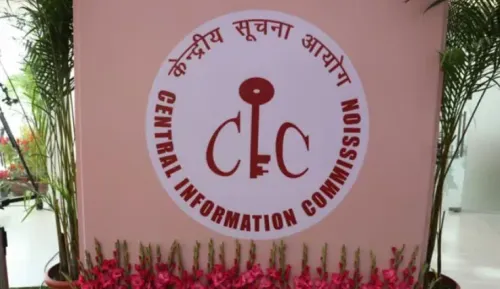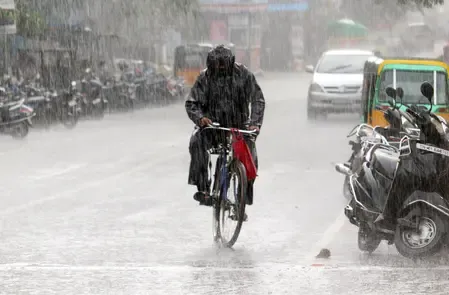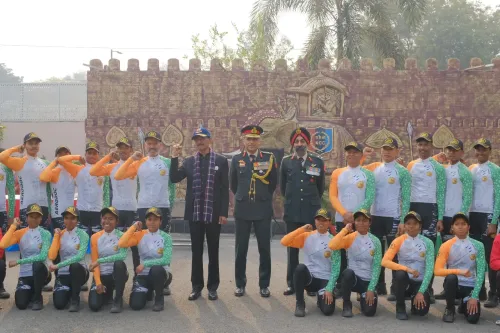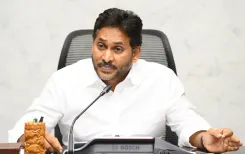Is Going Solo in Goa a Mistake? Rajesh Kalangutkar Resigns from AAP Leadership

Synopsis
Key Takeaways
- Rajesh Kalangutkar's resignation raises questions about AAP's strategy in Goa.
- Going solo may split opposition votes, aiding the BJP.
- Kalangutkar emphasizes the importance of alliances for electoral success.
- Kejriwal's stance against Congress reflects a divided opposition landscape.
- A united front is crucial for defeating the BJP in 2027.
Panaji, Oct 9 (NationPress) The Aam Aadmi Party (AAP) is facing a significant challenge in Goa as it approaches the 2027 assembly elections following the resignation of its working president. Rajesh Kalangutkar stepped down in protest against Arvind Kejriwal's declaration to contest the state elections independently, without forming any alliances.
Kalangutkar, who previously contested the 2022 assembly elections under the AAP banner, shared his concerns with IANS, stating that Kejriwal's choice to "go solo" is a misguided move that could inadvertently benefit the ruling Bharatiya Janata Party by diluting the opposition's vote base. His resignation came right after Kejriwal's four-day visit, during which the party leader made it clear that there would be no electoral collaboration with Congress or any local parties.
"Going alone in the Goa assembly election is a wrong decision and will harm the party," Kalangutkar emphasized.
He cautioned that this strategy could fragment the opposition votes, paving the way for the BJP's re-election in 2027.
“If the party opts for a solo campaign, it may lead to the departure of both leaders and workers who recognize the implications of this choice. Forming alliances could greatly benefit AAP,” Kalangutkar told IANS.
During his visit, Kejriwal strongly criticized Congress, alleging a collusion between the national opposition party and the ruling BJP in the coastal region. He claimed that Congress "cannot be trusted" and has a history of facilitating BJP's agenda by supplying MLAs, branding both parties as part of a corrupt political landscape.
The former Delhi Chief Minister directly implicated a senior Congress state president in the state's mining operations, asserting that such business could not persist without the Chief Minister's endorsement.
Kalangutkar countered that Kejriwal’s approach of attacking Congress while pursuing an independent path would convey a sense of disunity among anti-BJP factions.
“Those opposing the BJP desire a cohesive front. They advocate for change and realize that only a united opposition can challenge the BJP's dominance. Allowing the ruling BJP to continue in 2027 would have disastrous consequences for Goa,” he remarked to IANS.
Kalangutkar assured that he intends to stay active in politics but has not yet determined his future direction, emphasizing the need for a united opposition front.










